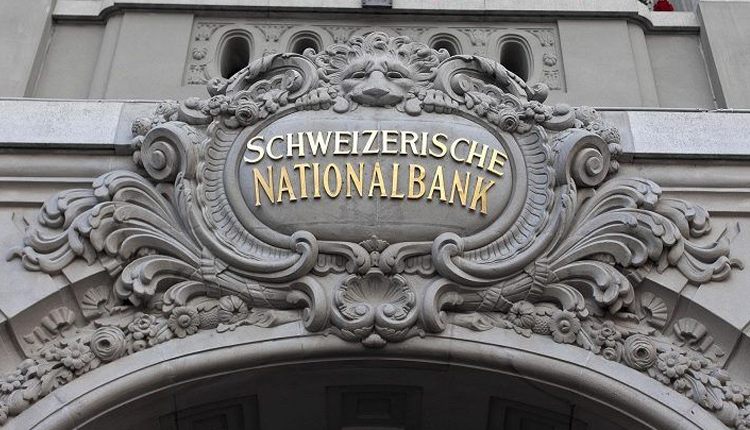Swiss National Bank (SNB) reported the biggest annual loss in the bank’s 115-year history of 132.5 billion Swiss francs on Monday, as it announced the provisional calculations in January.
The loss was caused by a decline in the value of the central bank’s investments caused by last year’s decrease in bond and stock market. Additionally, attempts to strengthen the franc, which reduced SNB’s holdings and returns from foreign investments when converted back to francs, added to the loss.
The central bank’s shortage is resulted by a 131.5 billion francs loss on foreign currency positions, with bond holdings losing 72 billion francs in value and its share portfolio worth decrease by 41 billion francs.
The loss was followed by a profit of 26 billion francs in 2021, and will lead SNB to not make any payouts to the Swiss central or regional governments, or dividend to investors for the second time in its history, according to Reuters.
The SNB loss exhausted the bank’s distribution reserve of 102.5 billion francs, as the central bank posted a net loss of 39.5 billion francs after taking into account an allocation for provisions.
Despite the huge loss, the bank’s future monetary policy would not be massively affected, as SNB has 66 billion francs in equity.
“Even if equity was wiped out altogether this wouldn’t change monetary policy in the short term as the SNB can operate without equity, only in the case of a prolonged period of negative equity I would see an impact on monetary policy,” said UBS economist Alessandro Bee.
SNB is set to give an update on its monetary policy on March 23.


